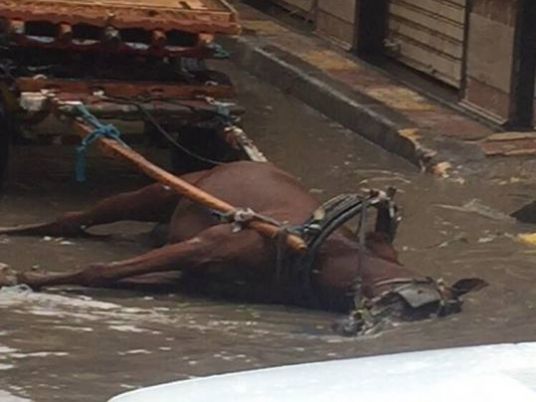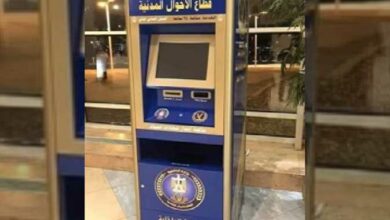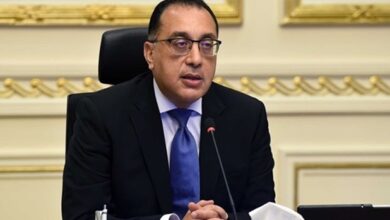Hosni Mubarak and his regime should be tried for killing and torturing prisoners kept at Interior Ministry detention centers, a prominent figure from Jama'a al-Islamiya said Tuesday.
The detention centers had a special art of torture, and the torture cases reported at Guantanamo and Abu Ghraib prisons were no worse than what used to happen in Egyptian prisons, Tarek al-Zomor said during a press conference in Fayoum, according to state-run Al-Ahram newspaper's website.
Zomor said if Mubarak was acquitted on charges of killing protesters — for which the former Egyptian president is currently on trial — he will never be acquitted on charges of killing prisoners.
He said prison martyrs are equal to revolution martyrs, who were appropriately buried while prison martyrs died of torture, with no one knowing about them and some burials taking place without informing relatives of the location.
Zomor also denounced the ruling Supreme Council of the Armed Forces issuing presidential elections laws instead of Parliament. He said this violates legislative authority.
He said the issuance of such a law is a test of parliamentarians’ ability to defend the rights granted to them by the people and the interim constitution, and that it seems to be an attempt by the SCAF to diminish Parliament's powers.
But clashing with the SCAF would not favor the revolution and could lead to a military coup, Zomor said.
Islamists are committed to legitimacy and the March referendum that approved the interim constitution, Zomor said. They voice their reservations about the SCAF more than any other group but are still committed to the referendum, he added.
Zomor proposed forming a high Islamic committee to set conditions for presidential candidates. The candidate that best matches those conditions would gain Islamists' support, he said.
The West has always known that if Arabs had a chance, they would elect Islamists, and thus supported corruption to keep Islamists out of power, he said.
Zomor and his cousin Aboud served multiple sentences for their role in the assassination of former President Anwar al-Sadat during a Cairo military parade. In July 2005, they were ordered released but never set free because of the Interior Ministry's discretionary power to hold a prisoner for up to five more years on security grounds. But the SCAF released them in March.




